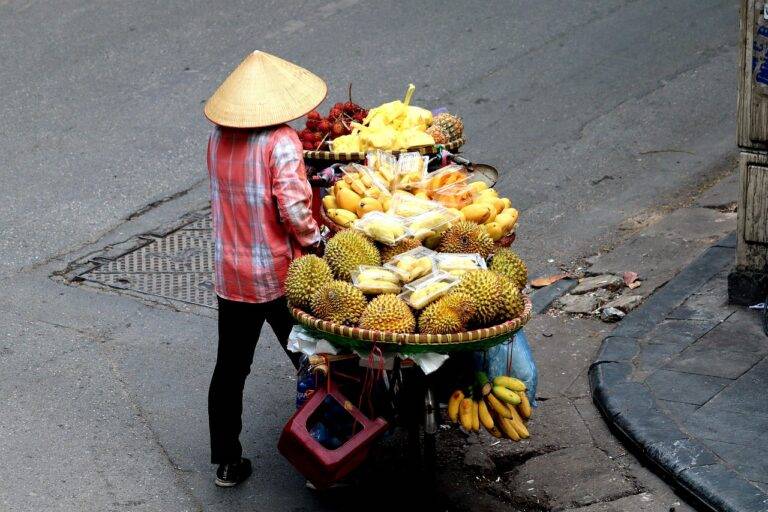The Role of Food in Supporting Women in Agriculture
Women in agriculture commonly encounter challenges that hinder their participation and success in the field. One significant obstacle is the lack of access to resources such as land, credit, and technology. Without these essential tools, women farmers often struggle to increase their productivity and improve their livelihoods. Additionally, traditional gender roles and cultural norms may restrict women from fully engaging in agricultural activities, limiting their decision-making power and autonomy.
Moreover, women in agriculture face barriers related to education and training opportunities. Limited access to formal education and agricultural extension services can prevent women from acquiring the necessary knowledge and skills to adopt modern farming practices. As a result, they may be unable to capitalize on new techniques and technologies that could enhance their agricultural productivity and sustainability. These challenges contribute to the ongoing gender disparities in agriculture, perpetuating inequalities within the sector.
Historical context of women’s involvement in agriculture
Throughout history, women have played a crucial role in agriculture, yet their contributions have often been undervalued and overlooked. In ancient societies, women were the primary cultivators of crops and providers of food for their families. They carried out tasks such as planting, weeding, and harvesting with great skill and dedication, ensuring the well-being of their communities. Despite their central role in agricultural production, women have frequently been denied access to resources, land, and education, limiting their ability to thrive as farmers.
As societies transitioned to more modern agricultural practices, women continued to be essential to the success of farming operations. During the Industrial Revolution, for example, women took on new roles in agriculture as laborers and managers on larger farms. However, they often faced discrimination and lower wages compared to their male counterparts. Despite the challenges they faced, women persisted in their agricultural pursuits, contributing significantly to the growth and development of the agricultural sector.
Nutritional needs of women farmers
Women farmers play a crucial role in agricultural production worldwide, yet they often face challenges in meeting their own nutritional needs. In many rural communities, women are responsible for both farming activities and household chores, leaving them with limited time and resources to prioritize their own health and nutrition. As a result, women farmers are at higher risk of malnutrition and nutrient deficiencies.
Moreover, women’s nutritional needs differ from those of men due to factors such as pregnancy, breastfeeding, and menstruation. These physiological processes require additional nutrients to support women’s health and well-being. However, traditional agricultural programs and policies often overlook the specific nutritional requirements of women farmers, further exacerbating their vulnerability to food insecurity and poor health outcomes.





